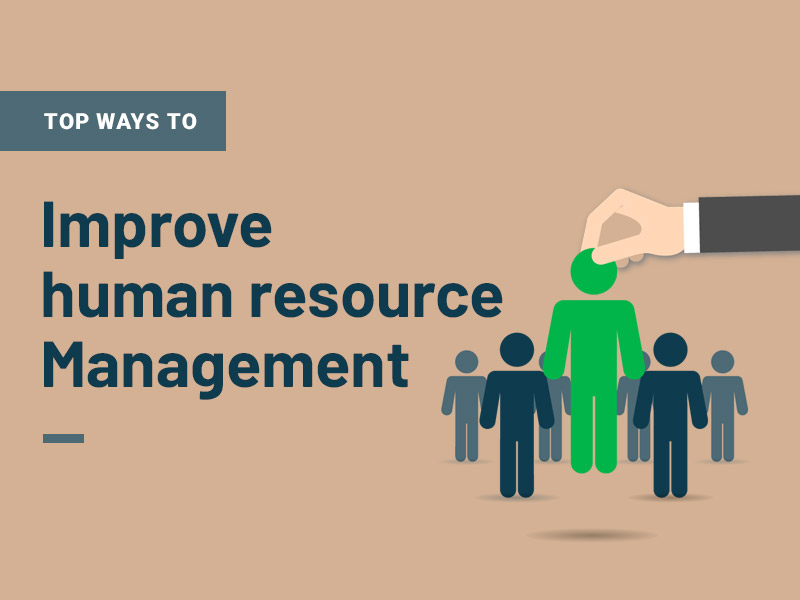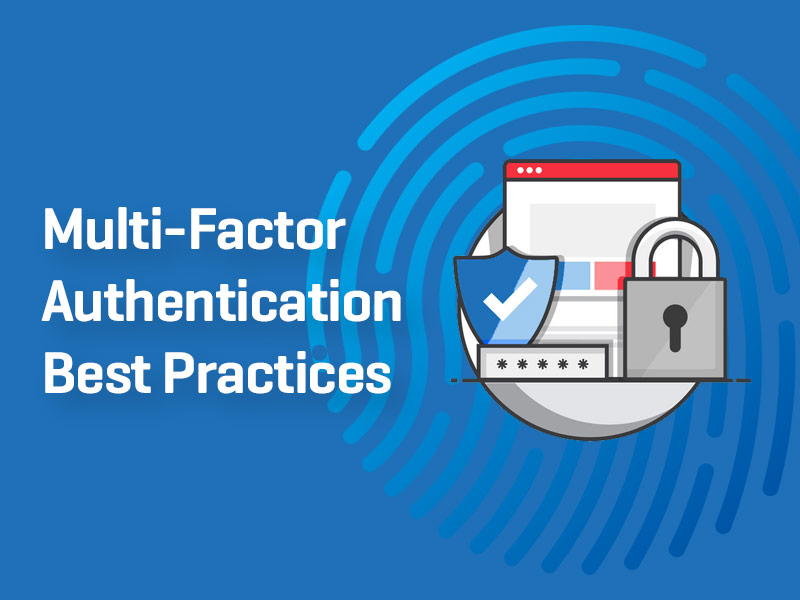In a global economy driven by rapid digital transformation, businesses of all sizes need to stay agile, adaptable, and informed. Essential services like operational reporting and contract lifecycle management (CLM) not only equip organizations with the tools to maintain a competitive edge but also foster an environment for exponential growth and productivity. In this article, we explore the significance of such transformations and why they represent an invaluable part of modern business strategies.
The Power of Data and Operational Reports

Operational reports are essential for businesses. They serve as the backbone of informed decision-making. With the dynamic nature of industries, understanding the intricacies of daily operations is no small task. Businesses are often inundated with vast amounts of data, from customer interactions and sales statistics to employee productivity metrics. Managing and making sense of these data sets can be a considerable challenge without the right tools.
This is where the importance of reporting comes into play. The process for operational reports allows organizations to analyze current and historical data and generate detailed reports about their everyday operations. It empowers businesses to have an in-depth understanding of their progress, monitor trends, track performance, and identify potential pitfalls. These actionable insights aid in making prompt and informed decisions, thereby enhancing operational efficiency and competitiveness.
The Role of Contract Lifecycle Management
The contract lifecycle management process is another vital service that contributes significantly to an organization’s operational efficiency and risk management strategies. Often overlooked, the lifecycle of a contract is more than just a document-signing process. It involves several interwoven steps – from initiation and drafting to negotiation, approval, execution, and renewal.
Contract lifecycle management promotes organization and efficiency throughout each phase of the contract process. And with specialized services offering robust platforms like contract lifecycle management, businesses can simplify and optimize their contract processes. Advanced contract management systems allow organizations to store, access, and manage all their contracts from a centralized platform. They also offer automation capabilities, which can help eliminate human error, reduce contract negotiation and approval times, and ensure obligations are met on time.
Overall, a streamlined contract management process can lead to improved relationships with vendors, clients, and stakeholders—helping your business to avoid legal issues, financial losses, and damaged reputation. With the help of automated systems, you can ensure nothing falls through the cracks, and contracts are fully optimized, bringing increasing value to your enterprise.
How Operational Reports and CLM Shape Business Success

To comprehend the combined impact of reporting and contract lifecycle management, businesses must first understand that these services are not isolated aspects of a balanced business strategy. Instead, they intersect at multiple levels, influencing and reinforcing each other to promote overall business efficiency.
For instance, the operational reports generated can provide insights into contract performance, highlighting areas of inefficiency and indicating opportunities for improvement. On the other hand, streamlined contract management can feed into reporting by minimizing discrepancies, reducing data-entry errors, and promoting standardization.
Therefore, incorporating both these aspects into your business process elevates your company’s workflow efficiency, risk management, cost savings, and ultimately, profitability. It’s a crucial step toward sustainable growth and success in today’s relentlessly competitive business landscape.
Agility and Scalability: The Future of Business
As the digital landscape continues to evolve, the importance of services like reporting and CLM also grows. Their ability to offer agility and scalability is at the heart of the modern business environment. Agile organizations that can adapt and grow with changing industry trends are the ones that will thrive in the future.
Both reporting and CLM exemplify agility and scalability. They offer scalable solutions tailored to fit businesses of all sizes, from startups to established corporations. They can handle growing volumes of data and contracts as the organization expands, ensuring that no aspect of business operations is overlooked.
Altogether, embracing the full potential of reporting and CLM is paramount to staying ahead of the curve. By understanding their synergistic relationship and implementing them into your business strategy, you can unlock new opportunities and drive your business toward uncharted territories of success.







